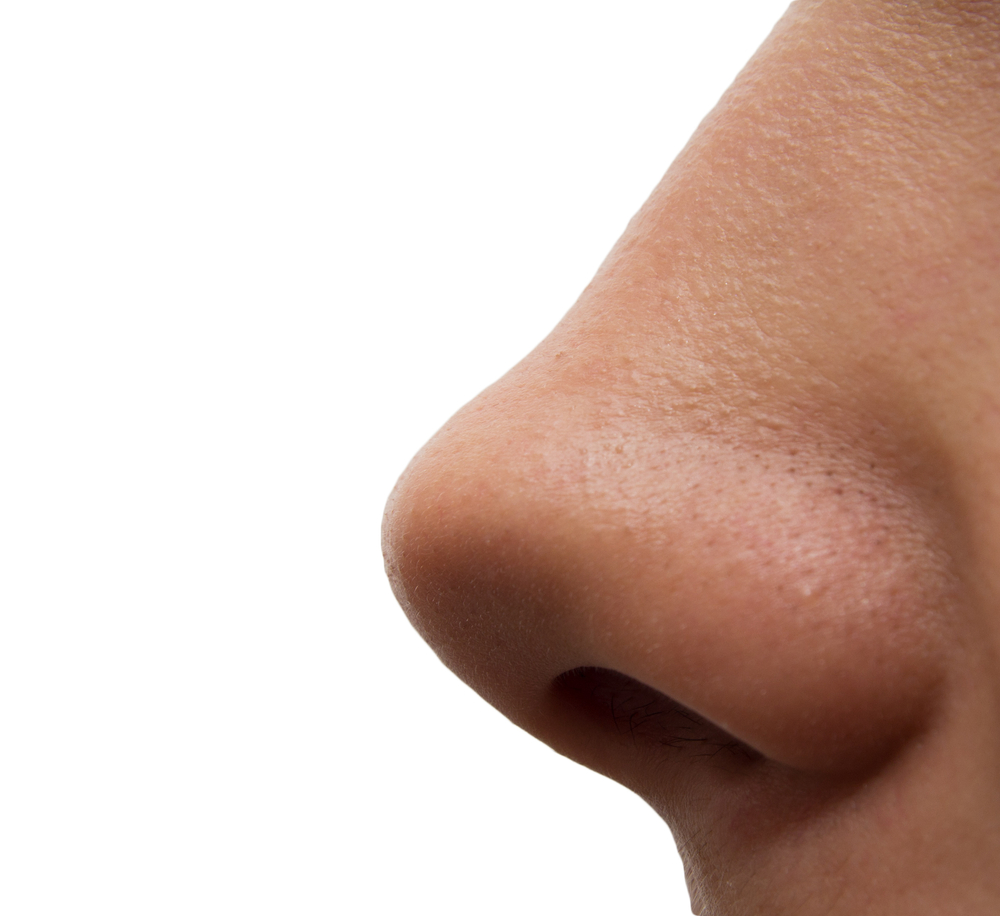UK Researchers Pursuing Breath Test to Diagnose MS

Scientists at the University of Huddersfield, U.K., are trying to develop a breath test to detect volatile molecules exhaled only by people with multiple sclerosis (MS). Doing so might offer a non-invasive and simple way to diagnose the disease.
The research team now plans to undertake a large study involving people with MS to confirm if the breathing test can be a suitable diagnostic tool.
Researchers leading the project recently shared their ideas at the MS Frontiers Conference, a large biennial meeting sponsored by the UK’s MS Society, which was held July 4–5 in Bath, England.
During each breath, hundreds of volatile organic compounds (VOCs) are released to the air, which usually reflect the metabolic condition of an individual. These volatile substances can offer insights about changes happening in the body, which are not always apparent.
Disease-specific VOCs can be used as diagnostic olfactory biomarkers for infectious, metabolic, and other diseases, as well as genetic disorders.
Research suggests that some VOCs may be unique to MS, and some may reflect changes in gut bacteria.
Now, U.K. scientists from the University of Huddersfield’s Centre for Biomarker Research (CeBioR) are examining if these biomarkers are reliable enough to be used in real tests. If so, they could be a faster, less expensive and, importantly, a non-invasive way to diagnose MS.
A breathing test also might help monitor how MS is progressing, and how people with the disease are responding to treatment.
Researchers already have started a new study — they are in the process of collecting breath samples — to detect VOCs in a large sample of MS patients at various stages of the disease, and compare them to people who do not have MS.
The goal is to find out which compounds are present only in MS, and which may be suitable as diagnostic markers.
“There are over 100,000 people with MS in the U.K., and we often hear that the path to diagnosis is an incredibly stressful time. The techniques used for diagnosis are invasive, expensive and often laborious, so this exciting development would address a major unmet need,” Susan Kohlhaas, PhD, MS Society’s director of research, said in a MS Society release.
“Having a lumbar puncture and even an MRI [magnetic resonance imaging] scan can be an uncomfortable and unsettling experience, which we know people with MS are keen to change,” Kohlhaas added. “While a breath biopsy test may sound futuristic, MS researchers today are achieving some incredible things — and these findings, whilst early, are very encouraging.”






